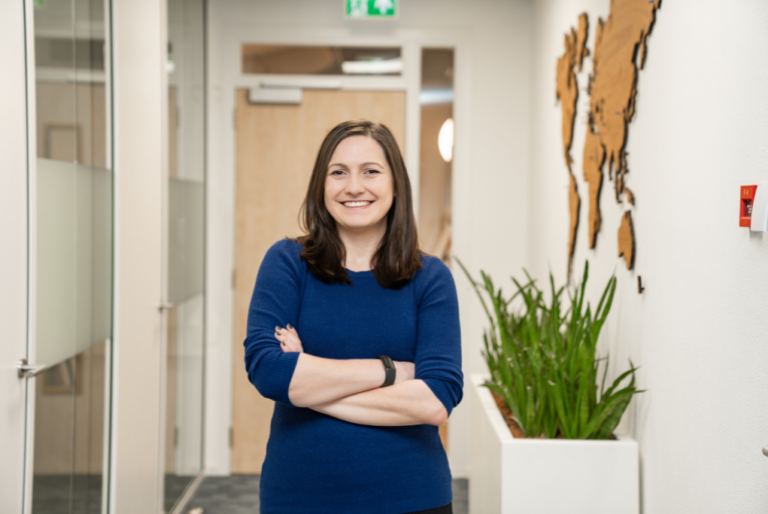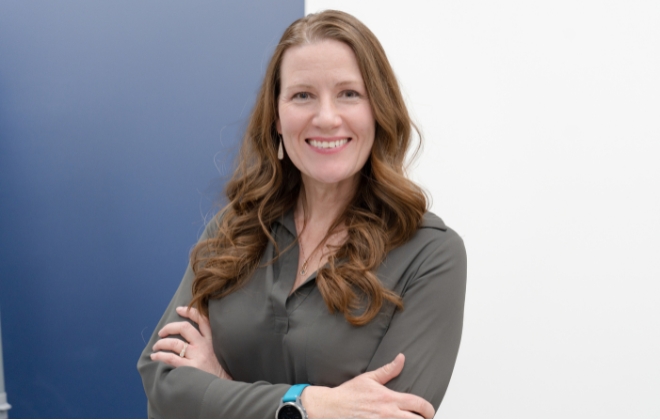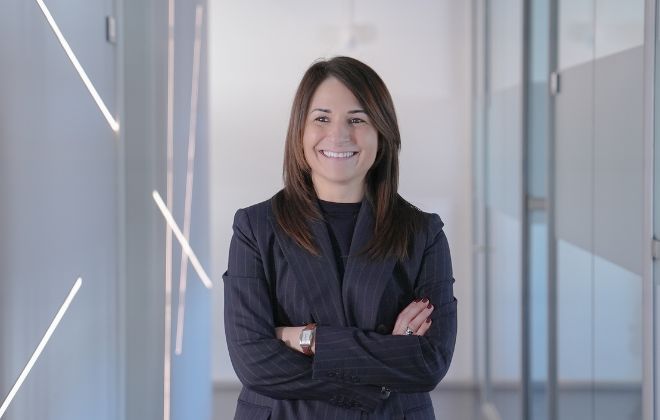Stories of Women in Engineering – Nikoleta Kolarova
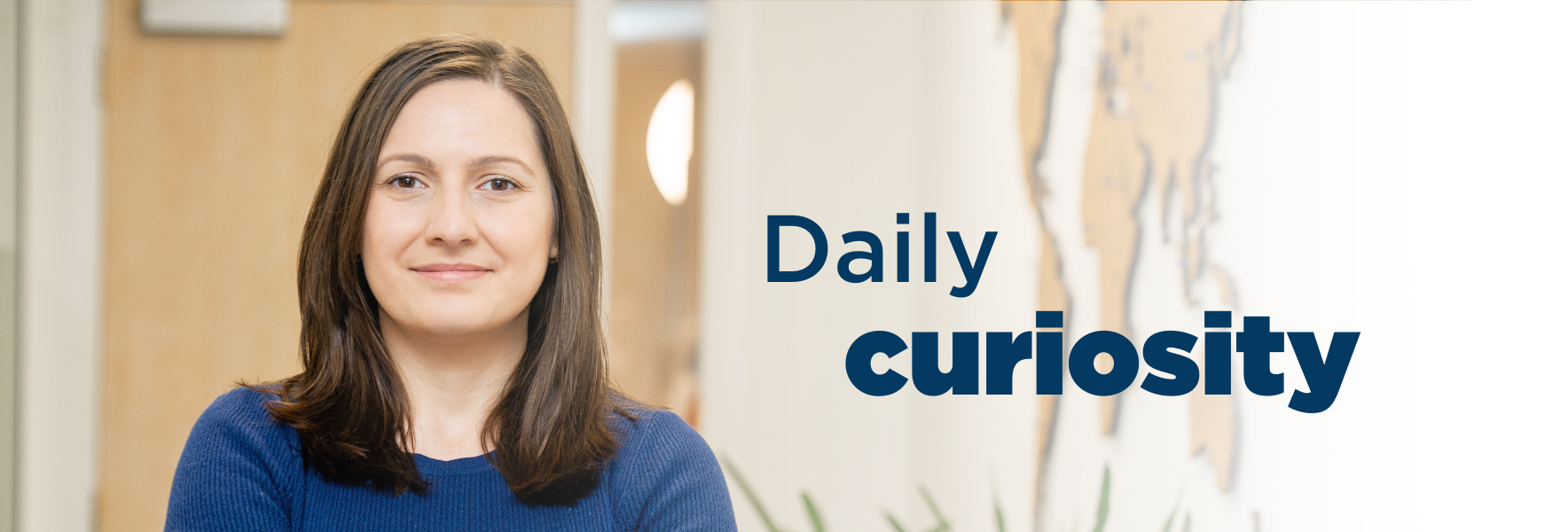
Interview with Nikoleta Kolarova
My name is Nikoleta Kolarova and I’m a consultant at ALTEN in the Netherlands.
I come from a small town in Bulgaria. I moved to the Netherlands to study engineering in Eindhoven. I did my internship at ALTEN and after that, I started working as a consultant. I’ve worked at ALTEN for four years now.
Can you describe your role and your responsibilities?
I work on several projects, some of them at the customer site and others with teams here at ALTEN. My background is in electrical engineering and that’s the core of my work, but my day-to-day activities vary a lot depending on the projects I’m working on at the moment.
What is your vision of the place of women engineers in professional roles?
Honestly, I don’t see any difference. To me, we all contribute and we’re all equally motivated to get the work done. What I have noticed is that women introduce a different dynamic to a team, and that can be very helpful. I’ve been lucky to be supported by the people I work with and I really hope every woman in this field has the same experience.
How did you develop your interest in engineering? What factors influenced your decision to pursue a career in this field?
I chose engineering almost on a whim. I think I’m influenced by my parents because my mother teaches physics and my dad is a mechanic; I spent a lot of time in his garage. I think they inspired the curiosity in me to wonder how things work. As an engineer, that curiosity has been a driving factor.
How would you describe the work of a consultant?
As a consultant you can have different roles depending on your skills and your background. For example, with my background in electrical engineering I help design the cables for a test cabinet for one of our customers and support the manufacturer during the building of the cabinet. On another project, my job is to make sure all the electrical requirements of our system are communicated correctly to the customer. That includes a lot of research to answer customer questions and some stakeholder management.

How are your projects innovative?
We often think of innovation as this incredible big improvement that will change the world. In my experience, small innovations are everywhere and they can lead to big changes. From “how do we fit this cable where it needs to go” to “how can we improve our process to make sure we deliver good quality documentation to our customer.” In the long run, these things actually have a very big impact – they make life easier and make things go more smoothly.
What are some of the challenges you have faced in trying to achieve a healthy work-life balance and how have you overcome them?
Having a healthy work-life balance is difficult for a lot of people. It has also been a big challenge for me because I’m a bit of a perfectionist. I try to do things better and better, which sometimes leads to me worry too much about my work. But there is definitely a point when spending more time on something doesn’t necessarily make it any better. For me, the most important lesson is to recognize that moment. That’s when I try to let go of the small imperfections, to leave those worries at my desk and to go home.
What support systems or mentors have been instrumental in helping you overcome obstacles and achieve your goals?
I am very lucky to have had managers, mentors, co-workers and friends who have all taught me important lessons. I think the biggest thing they have in common is that they could often recognize my strengths and weaknesses better than I could and have provided me with feedback about them.
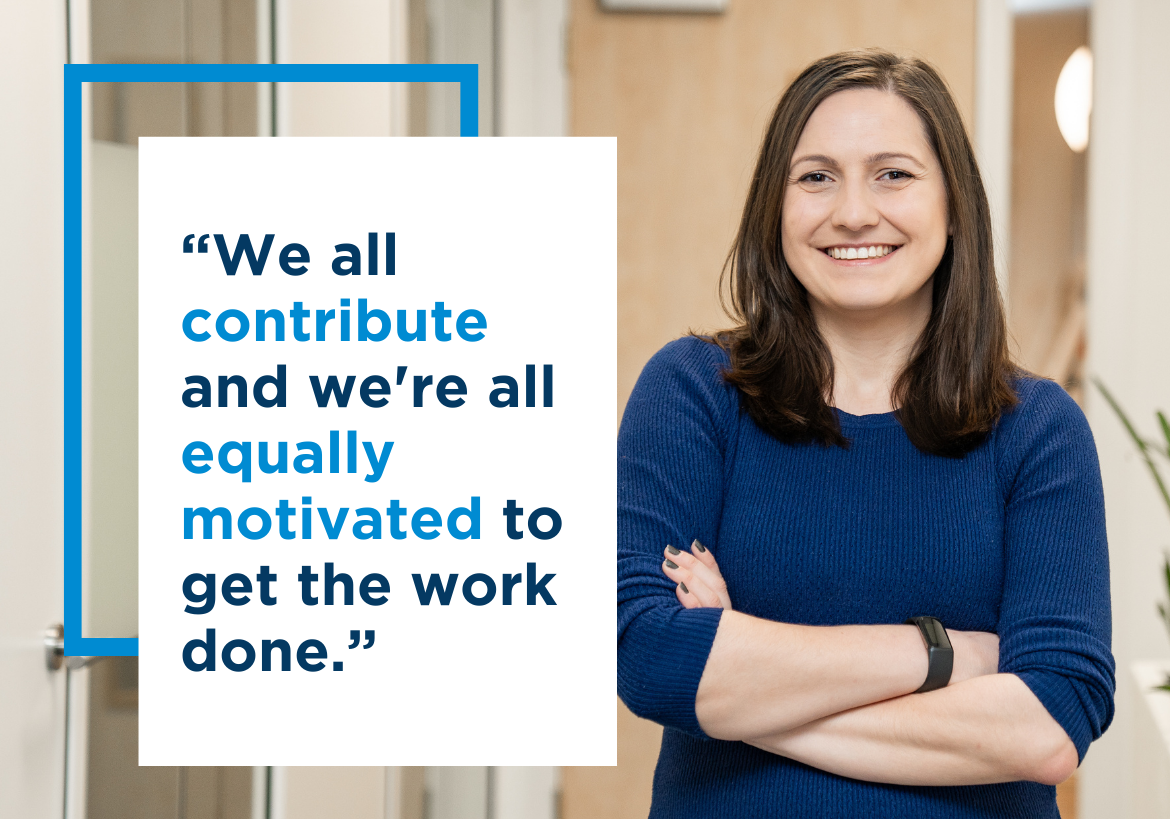
What is the ALTEN Work Council and why did you join?
The Works Council is a group that represents all the employees of the company; it’s the link between the Managing Director and those employees. I decided to join the Work Council because I’ve always had very good contact with my ALTEN colleagues and I wanted to be part of their voice before management.
How do you balance your role in the Works Council with your job as a consultant?
Balancing my role in the Work Council with my engineering tasks is sometimes difficult. I don’t always have the time to participate in every topic that is covered by the Council. But luckily we are a team, so if one of us cannot contribute at a specific moment, there’s always someone else to step in.
How can we encourage women to pursue engineering careers?
I think the image we have of a woman engineer is not very accurate. It’s possible that when girls are choosing which field to go into, they imagine engineering to be a harsh environment, where you only care about technology would be surrounded by people who are staring at their screens and not talking to each other. The reality is pretty much the opposite. The work we do is about discovering new things, solving problems and learning every day. The engineering field is full of curious people who are interested in pretty much anything and are eager to get involved in discussions on any topic, whether it’s technical, political, environmental or about how to stop your cats from knocking down your plants. That curiosity and versatility makes every day fun, and that’s what people don’t see from the outside.
How can engineering contribute to a more sustainable and prosperous future?
We talk about building a better, brighter future, and a lot of that is driven by governmental regulations, international agreements, and all kinds of rules that protect our environment and our rights. Engineering plays an essential role in the practical application of those rules and regulations. Technological advancements lead to more efficient energy use, better ways to collect and recycle our waste, better ways to clean our water, and so many other things. As technology becomes more and more a part of our lives, engineering becomes more and more impactful.
Write the story with us!



